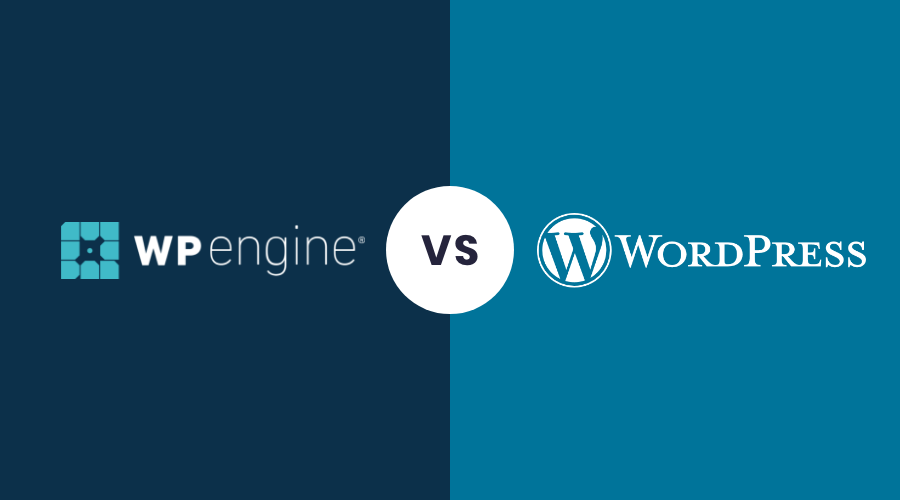
In a recent legal battle between Automattic and WP Engine, Automattic, founded by WordPress co-creator Matt Mullenweg, is pushing back against claims that it has unfairly restricted WP Engine’s access to WordPress resources. Here’s a breakdown of what’s happening, why it matters, and what each side is arguing.
Background of the Dispute
On October 18, 2024, WP Engine, a managed WordPress hosting provider, filed a lawsuit against Automattic in a Northern California court. They requested a preliminary injunction to regain access to resources on WordPress.org, which they had previously used but no longer have available. WP Engine claims Automattic is unfairly restricting access, hurting its business operations. In response, Automattic has taken legal action to counter these claims.
Automattic’s Core Arguments
Automattic and Mullenweg have filed a series of motions requesting the dismissal of several of WP Engine’s claims. Automattic argues that WP Engine is attempting to gain continued, unfettered access to WordPress.org, a resource Automattic maintains largely without compensation from companies like WP Engine. Automattic’s position rests on three main filings:
1. Motion to Dismiss: This document asserts that WP Engine’s claims are unfounded and misconstrue the nature of WordPress.org. Automattic points out that WP Engine has no contractual right to the resources and tools provided on WordPress.org, which Mullenweg and Automattic have invested heavily in over many years.
2. Motion to Strike: Invoking California’s anti-SLAPP law, Automattic argues that WP Engine’s lawsuit aims to silence Mullenweg’s critiques of WP Engine’s business practices, which Automattic believes have negatively impacted the WordPress community.
3. Opposition to Preliminary Injunction: Automattic asserts that WP Engine has no legal basis to demand access to WordPress.org, a platform Mullenweg developed for the community rather than for the profit of private companies like WP Engine.
The Roots of the Issue: Open Source and Business Tensions
Automattic’s filings explain the tensions around WordPress.org’s use and the broader “tragedy of the commons” in open-source projects, where some companies profit off freely available software without contributing resources back to the community. WP Engine, Automattic claims, has leaned on WordPress.org without adequately supporting the open-source project.
This tension reportedly worsened in 2018 when Silver Lake, a private equity firm, took control of WP Engine. According to Automattic, this led WP Engine to increase its use of WordPress trademarks and other resources while declining Mullenweg’s request for a more significant financial commitment to WordPress’s development.
Key Points in Automattic’s Motion to Dismiss
In its Motion to Dismiss, Automattic argues that WP Engine’s lawsuit lacks the evidence necessary to justify its claims. WP Engine’s complaints involve accusations of Automattic’s interference with WP Engine’s business, but Automattic counters that:
– Trademark Violations: WP Engine has allegedly been using WordPress and WooCommerce trademarks without authorization. WP Engine reportedly removed these references only after the lawsuit was filed, which Automattic claims is an acknowledgment of the violation.
– Community vs. Private Profit: Automattic maintains that WP Engine’s reliance on WordPress.org—a platform built by Mullenweg for the community—without any contractual rights is a strategic risk taken solely for profit, with WP Engine expecting continued free access.
– Public Statements and Freedom of Speech: Automattic defends Mullenweg’s public critiques of WP Engine as his personal views, protected by free speech laws. Automattic argues that WP Engine’s attempt to curb these statements is an overreach, seeking to suppress a valid public discussion about contributions to the WordPress ecosystem.
Automattic’s Opposition to WP Engine’s Preliminary Injunction
WP Engine has also requested an immediate court order to regain access to certain developer tools on WordPress.org. Automattic contends that WP Engine does not need these tools to operate its business effectively, as they have already adapted by hosting necessary plugins on their own platform.
Furthermore, Automattic states that if WP Engine insists on having access, they should be required to post a bond to cover the costs associated with running WordPress.org, which are estimated to be around $800,000 per year.
The Broader Context: What’s at Stake?
For Automattic and Mullenweg, the case is about protecting the integrity and sustainability of the WordPress ecosystem. WordPress.org is an essential resource maintained through significant contributions from Mullenweg and Automattic. Allowing unrestricted access without contribution, they argue, could undermine the platform’s sustainability. For WP Engine, however, continued access is crucial for maintaining its competitive edge and ensuring the quality of its services.
Next Steps
The court has scheduled a hearing for November 26, 2024, to review Automattic’s request for dismissal and other filings. WP Engine is expected to submit a response by November 4, setting the stage for a potentially precedent-setting decision that could shape the relationship between open-source communities and commercial enterprises in the future.
As this case unfolds, it highlights ongoing debates about open-source resources, commercial interests, and community contributions. The outcome may redefine what companies can expect from community-driven platforms like WordPress.org and could have ripple effects throughout the open-source community.




